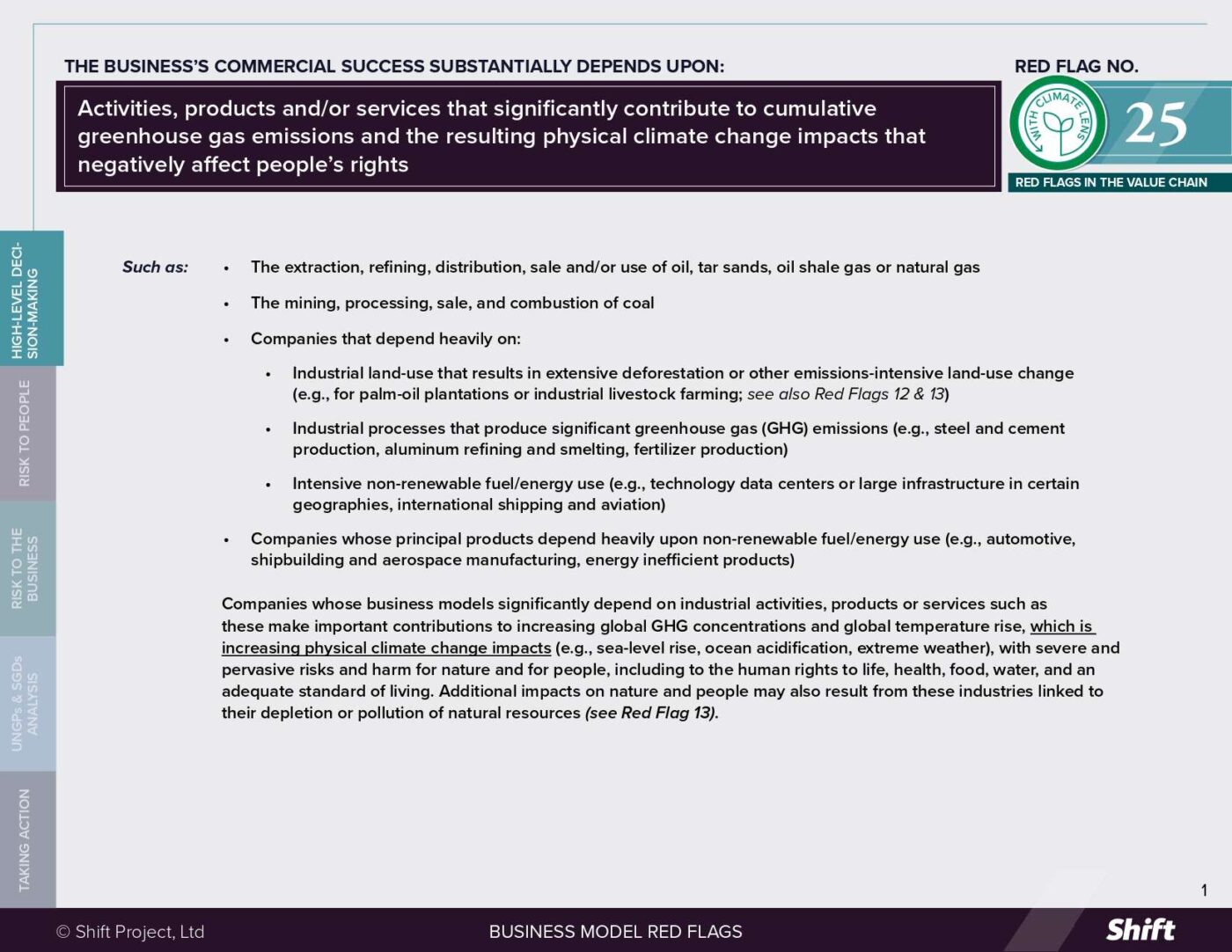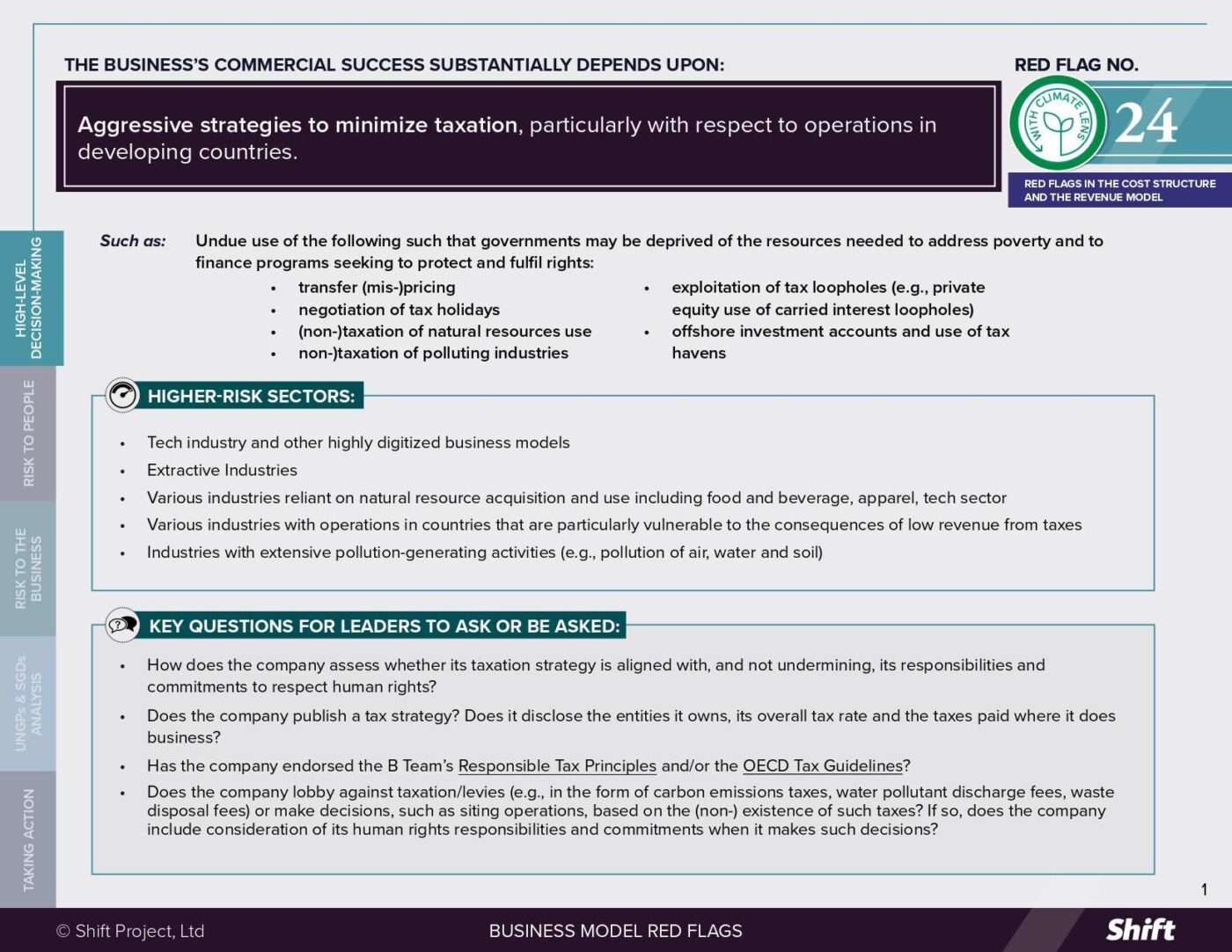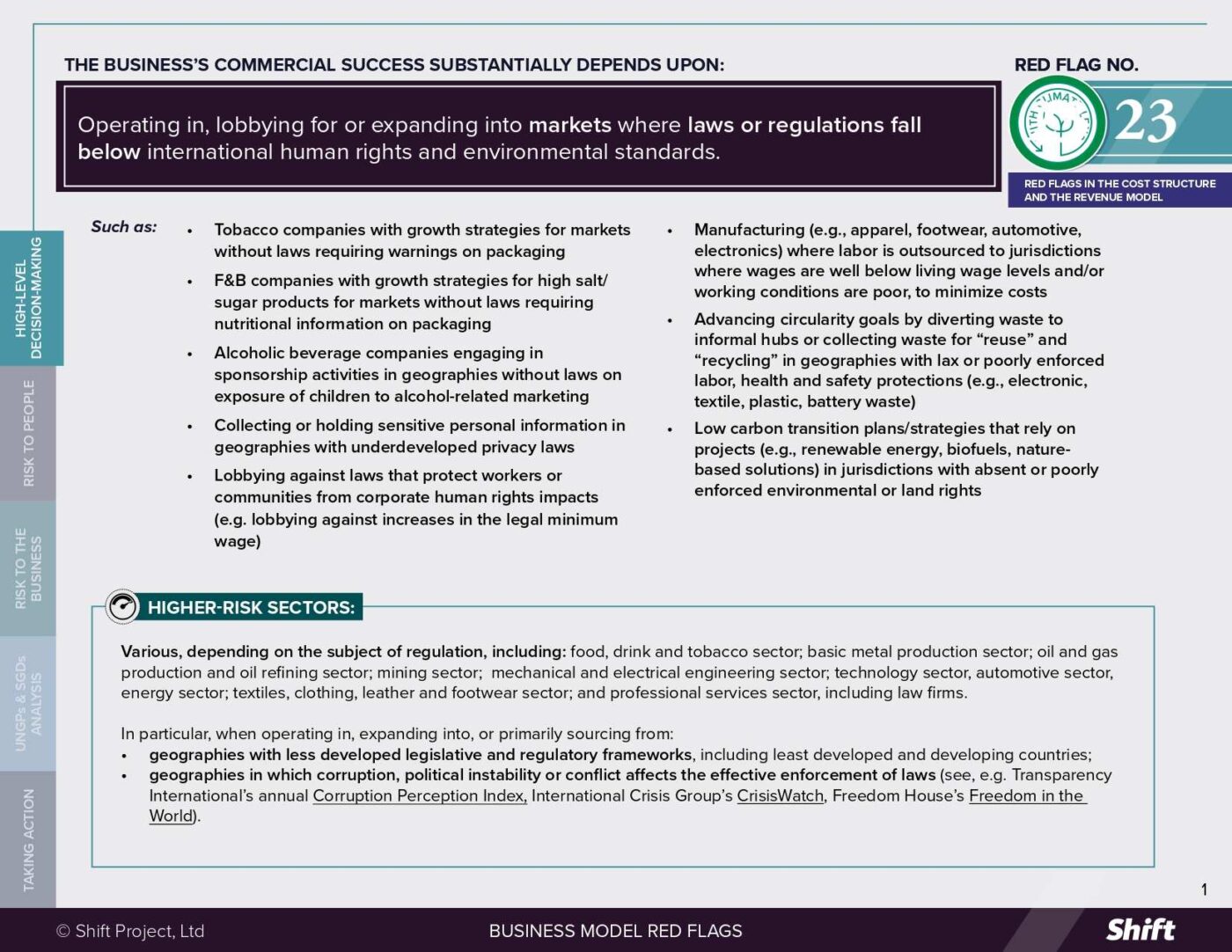First published in June 2011, the UN Human Rights Council unanimously endorsed a set of Guiding Principles on Business and Human Rights that I had developed following nearly 50 international consultations. This marked the end of my six-year mandate as Special Representative of the UN Secretary-General (SRSG) for Business and Human Rights. And it represented an unprecedented step by the Human Rights Council. Yet, as I said at the time, it was only “the end of the beginning” for the critical challenges of aligning corporate conduct with human rights norms – the hard work of implementation still lay ahead.
The greatest risk to the Guiding Principles at that time was being put unceremoniously on shelves and hard-drives and then ignored. Happily, this has not been the case. Indeed, the level of uptake of the Guiding Principles and the convergence around them by other standard setting bodies have been extraordinary.
A growing number of governments are conducting national dialogues with business and civil society and exploring new approaches to meet their own duty to protect human rights against corporate-related abuses. This has been supported in the European arena by the European Commission’s new Communication on CSR (see p.14) that calls on EU Member States to develop national action plans for implementing the Guiding Principles.
Numerous companies from different continents and sectors have also taken up the Guiding Principles to develop or enhance their human rights policies, due diligence processes and grievance mechanisms. This in turn has been supported by the convergence of other international standards around the core concept of the corporate responsibility to respect human rights, as set out in the Guiding Principles – including the revised OECD Guidelines for Multinational Enterprises; the ISO26000 Guidance on Corporate Social Responsibility; and the International Finance Corporation’s revised Sustainability Policy.
Moreover, socially responsible investment firms are developing benchmarks for their corporate clients that reflect the Guiding Principles; NGOs and civil society networks are using the Guiding Principles in their advocacy work; some industry and multi-stakeholder initiatives are reviewing their activities against the Guiding Principles; and a discussion on the role of law firms as advisers to companies, and as businesses in their own right, is getting underway.
Of course, these are just the first steps towards implementation – many companies and governments are yet to take action and must be encouraged to do so. But they are important steps in the right direction.
It is imperative that the welcome proliferation of activities I describe above should happen and increase. At the same time, this burgeoning activity raises another potential risk for the Guiding Principles – divergent interpretations. If the proliferation of activities also leads to a proliferation in interpretations of the Guiding Principles, we could lose much of the convergence what we have gained.
Six years ago, perhaps the greatest barrier to advancing the business and human rights agenda was the endless contestation about what responsibilities companies have for human rights. One of my priorities as SRSG was to start building consensus by combining an evidence-based approach with extensive consultations. The “Protect, Respect, and Remedy” Framework I proposed in 2008 established a single conceptual framework through which to develop coherent discussion and action. This helped ensure that three years later the Guiding Principles that “operationalize” that Framework had broad multi-stakeholder support. As a result, we today have far greater clarity and predictability for all actors on the respective responsibilities and obligations of companies and governments for business and human rights.
As ever more organizations work with the Guiding Principles and do the important work of applying them to different sectors and situations, we need to preserve that clarity if we are to preserve and accelerate the impetus for action. Applying them should not mean reinterpreting or diluting them. The new UN Working Group on business and human rights that was established at the end of my mandate can play a critical role in this regard. In addition, the Interpretive Guide on the corporate responsibility to respect, produced by the Office of the UN High Commission for Human Rights with my full support and active participation, makes an important contribution to reinforcing the meaning and intent of that section of the Guiding Principles. It should become a reference point for all.
The work ahead will also require trusted organizations that can provide and promote knowledge of how to implement the Guiding Principles in a manner that stays true to their intent. That is why I believe that the creation and work of Shift is fundamentally important.
Shift is an independent, non-profit center for business and human rights practice, staffed by a team that was closely involved with my work as SRSG – both development of the Guiding Principles and road-testing the concepts they contain. In the short time of its existence, Shift has already begun to work with an impressive array of governments, businesses, international organizations and industry and multi-stakeholder initiatives to put the Guiding Principles into practice. And as a public purpose organization, Shift will turn the rich learning that its activities generate into public reports and other products that can help everyone increase the pace of progress.
Implementing the Guiding Principles must be the work of many – indeed of all. The work of an organization like Shift is to provide a center of practical learning and experience about what implementation looks like when it stays true to the Guiding Principles. I am proud to be its Chair as it tackles this important task.
John G. Ruggie is the Chair of Shift and the author of the Guiding Principles. He is the Berthold Beitz Professor in Human Rights and International Affairs at the Harvard Kennedy School.
 By John Ruggie
By John Ruggie



